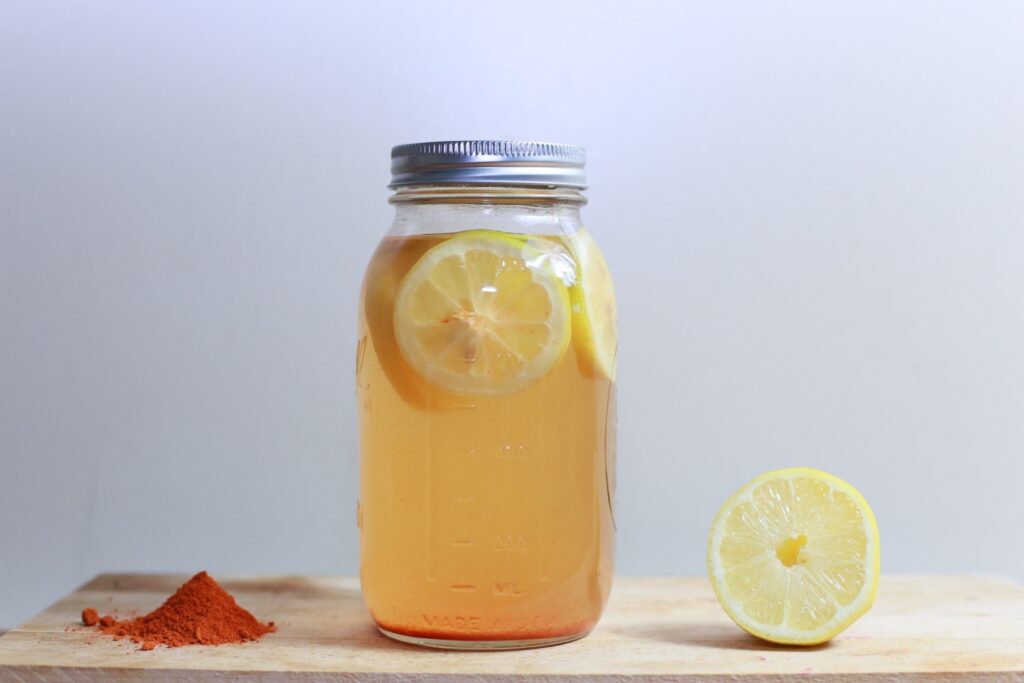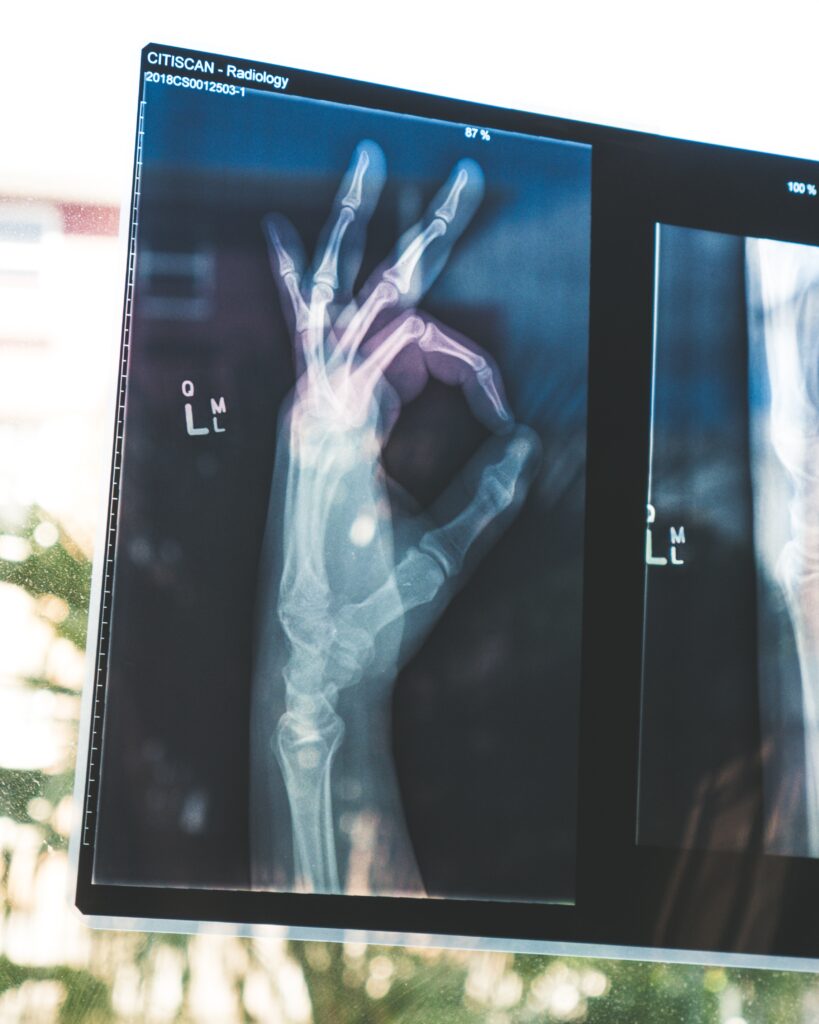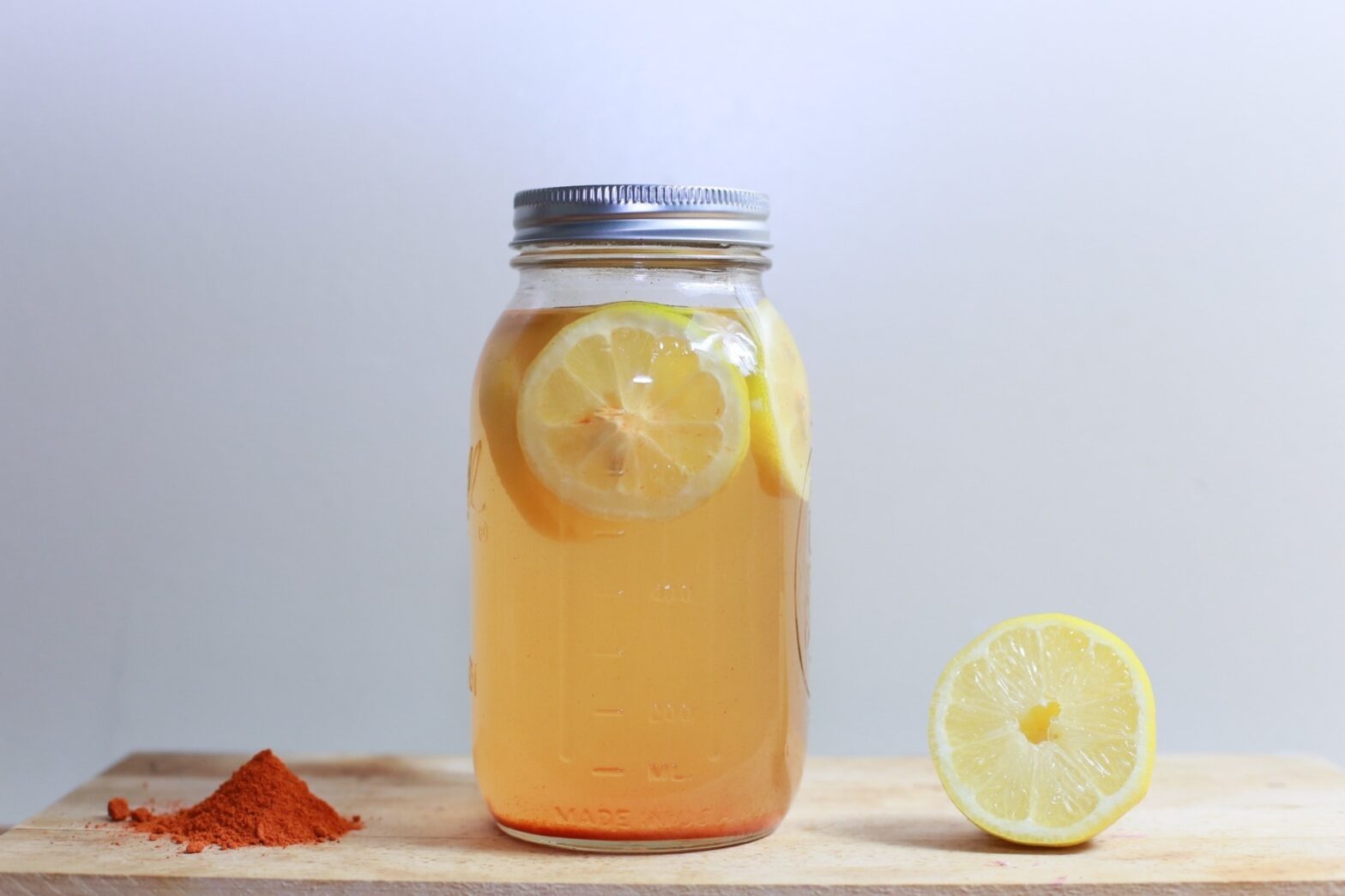Whole grain corn is a versatile and nutritious food that offers numerous health benefits. Its high insoluble fiber content aids in digestion by increasing stool bulk and promoting a healthy body weight. Additionally, consuming whole grain corn can help lower the risk of chronic illnesses such as heart disease, type 2 diabetes, and obesity. Not only does corn provide important vitamins and minerals, but it also contains protective antioxidants that can benefit the eyes and reduce inflammation. However, individuals with a corn allergy should exercise caution and be mindful of corn byproducts. Fresh and frozen corn can be easily incorporated into a variety of meals, snacks, and desserts, making it a convenient and delicious addition to a balanced diet. By choosing USDA certified organic products, individuals can also avoid genetically modified corn. It is important to adjust portion sizes of corn to align with individual caloric needs and activity levels.

Digestive Health
Corn is a whole grain that can contribute to good digestive health due to its high insoluble fiber content. Insoluble fiber is important for promoting regular bowel movements and increasing stool bulk. This helps prevent constipation and ensures the smooth passage of waste through the digestive system. Additionally, the fiber in corn can help promote a healthy body weight by promoting feelings of fullness and reducing overall caloric intake.
Reduced Risk of Chronic Illnesses
Incorporating corn into your diet can help reduce the risk of chronic illnesses such as heart disease, type 2 diabetes, and obesity. Consuming whole grain corn is associated with a lower risk of heart disease, as it helps to maintain healthy cholesterol levels and reduce inflammation. The fiber in corn also plays a role in managing blood sugar levels, making it beneficial in preventing and managing type 2 diabetes. Furthermore, corn is a low-calorie and nutrient-dense food, which can support weight management and reduce the risk of obesity.

Eye Health
Corn contains various compounds that support eye health. It is rich in protective antioxidants, such as lutein, zeaxanthin, and quercetin. These antioxidants help to combat free radicals and reduce oxidative stress in the eyes, which can contribute to the development of age-related macular degeneration and cataracts. Lutein and zeaxanthin are specifically known for their ability to filter harmful blue light and protect the retina. In addition, the anti-inflammatory properties of corn can help reduce inflammation in the eyes, further promoting eye health.
Nutritional Content
In addition to its fiber content, corn is also a good source of various vitamins and minerals. It contains essential vitamins such as vitamin C, vitamin B6, and folate, which are important for immune function and the production of red blood cells. Corn also provides minerals like potassium, which is necessary for proper muscle function, maintaining healthy blood pressure, and supporting electrolyte balance. Including corn in your diet can help ensure you receive these important nutrients.

Corn Allergy
While corn can offer many health benefits, it is important to note that some individuals may have a corn allergy. In these cases, caution should be exercised when consuming corn and corn byproducts. High fructose corn syrup, commonly used as a sweetener in processed foods, and corn oil, used in cooking and food production, are examples of corn byproducts that should be avoided by individuals with a corn allergy. It is crucial for those with a known corn allergy to read food labels carefully and be aware of potential sources of corn in their diet.
Incorporating Corn into Meals
There are various ways to incorporate corn into your meals, snacks, and desserts. Fresh corn can be grilled, boiled, or roasted and served as a side dish or added to salads, salsas, or soups. Frozen corn is a convenient option and can be easily added to stir-fries, casseroles, and baked goods. Corn can also be used to make delicious snacks and desserts, such as popcorn, cornbread, or corn pudding. Experimenting with different recipes can help you discover new and tasty ways to enjoy the benefits of corn.
Avoiding GMO Corn
For those who prefer to avoid genetically modified organisms (GMOs), it is possible to find USDA certified organic corn products. Organic corn is grown without the use of genetically modified seeds or synthetic pesticides, making it a suitable option for individuals who prioritize non-GMO foods. Choosing organic corn ensures that you are consuming a product that aligns with your preferences and values.
Appropriate Portion Sizes
When incorporating corn into your diet, it is important to consume appropriate portion sizes that align with your individual caloric needs and activity levels. Portion sizes may vary depending on factors such as age, gender, weight, and level of physical activity. It is recommended to consult with a healthcare professional or registered dietitian to determine the appropriate portion sizes of corn and other foods based on your specific dietary needs and goals. They can provide personalized guidance and help ensure that you are consuming corn in a way that supports your overall health and wellness.
In conclusion, corn can offer a range of health benefits, including improved digestive health, reduced risk of chronic illnesses, enhanced eye health, and a good source of essential nutrients. However, it is important to be cautious of potential corn allergies and to avoid corn byproducts if necessary. Incorporating corn into your meals, snacks, and desserts can add variety and nutrition to your diet. If you prefer to avoid GMOs, USDA certified organic corn products can be a suitable option. Lastly, it is crucial to consume appropriate portion sizes of corn and other foods to support your individual caloric needs and activity levels. By incorporating corn into a balanced diet, you can enjoy its numerous health benefits while supporting your overall well-being.
